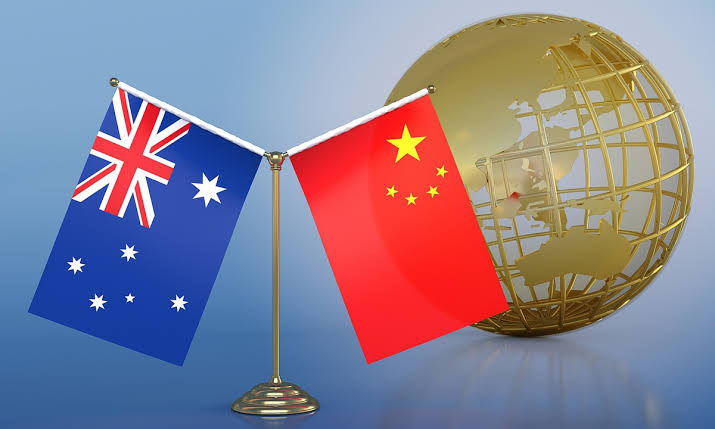Fabricated ‘security threats’ shouldn’t hinder China-Australia cooperation

Australian Prime Minister Anthony Albanese recently announced that the Australian government will take steps to terminate the lease between the Northern Territory government and Landbridge Group, a Chinese private enterprise, to reclaim management and operational control of the Darwin Port.
He declared that the Darwin Port “should be in Australian hands.” Opposition Leader Peter Dutton voiced a similar view.
In response, at a recent regular press briefing, a spokesperson for China’s Ministry of Foreign Affairs urged the Australian side to provide a fair, non-discriminatory and predictable business environment for Chinese enterprises investing and operating in Australia, and refrain from overstretching the concept of national security or politicizing normal business cooperation.
Why have both major Australian parties this year almost simultaneously vowed to move against this lease? First, it’s likely closely tied to the federal parliamentary election scheduled for May.
In recent years, adopting a hard line on China has become almost standard practice for Australian parties during election campaigns. With the election imminent, any measure that might win extra votes is on the table for every party.
Second, with the US government brandishing its tariff “big stick” around the world, even its allies haven’t been spared. It cannot be ruled out that Australia will use its stance on the Darwin Port lease as a bargaining chip in negotiations with Washington.
Darwin, Australia’s northernmost port city, occupies a geopolitically vital position in the Western Pacific under America’s “Indo Pacific Strategy.” To turn the port into a “bridgehead” for containing rivals, the US military began deploying forces in Darwin in 2012.
Some Australian politicians naively believe that by acquiescing to US wishes on the port issue – combined with Australia’s long standing emphasis on cooperation within the US led AUKUS framework – Washington may be more inclined to go easy on Australia when it comes to tariffs and other trade measures.
In fact, the Darwin Port project exemplifies mutually beneficial China-Australia cooperation. Since Landbridge assumed operations, the port’s annual throughput has increased from about 16 million tons to nearly 30 million tons.
Consequently, the Darwin Port has become a vital trade hub connecting Australia to Asian markets. However, some right wing politicians, media outlets and anti China think tank scholars in Australia have turned a blind eye and, alongside the US government, continue to pressure Canberra under the pretext of “national security threats,” demanding a review of the project.
The Scott Morrison and Albanese administrations each conducted a security review of the lease, and both found that the “China threat” was completely baseless and that no “security risks” existed.
The economic and social benefits brought by the Darwin Port clearly demonstrate that China-Australia economic and trade cooperation delivers real, tangible gains.
Data from the 2022-2023 fiscal year show that trade with China boosted the average Australian household’s disposable income by A$2,600 ($1,648), created approximately 595,600 jobs and helped households save 4.2 percent on living costs.
At a time when global economic growth is sluggish and unilateral protectionism is on the rise, continuous and stable China-Australia trade ties are critically important to Australia’s economic and social development.
In short, fabricated “security threats” should not become stumbling blocks to China-Australia economic and trade cooperation. Safeguarding the mutually beneficial partnership between the two countries serves the shared interests of both peoples and aligns with the broader goal of stability and development in the Asia-Pacific region.
Now that China-Australia cooperation has returned to the right track, both sides should seize the opportunity to build greater consensus, manage differences and work toward an even brighter future.
Global Times




